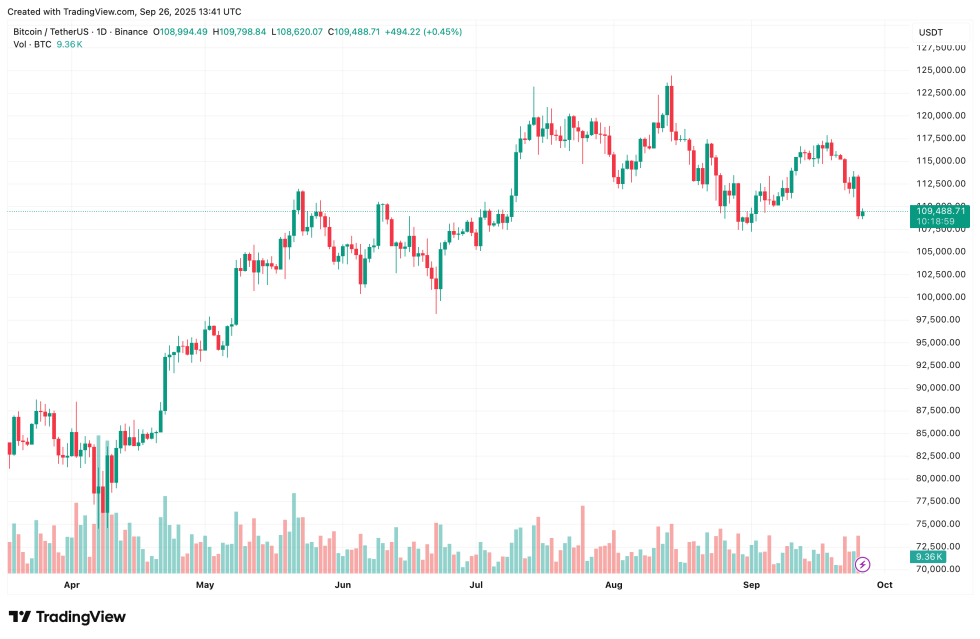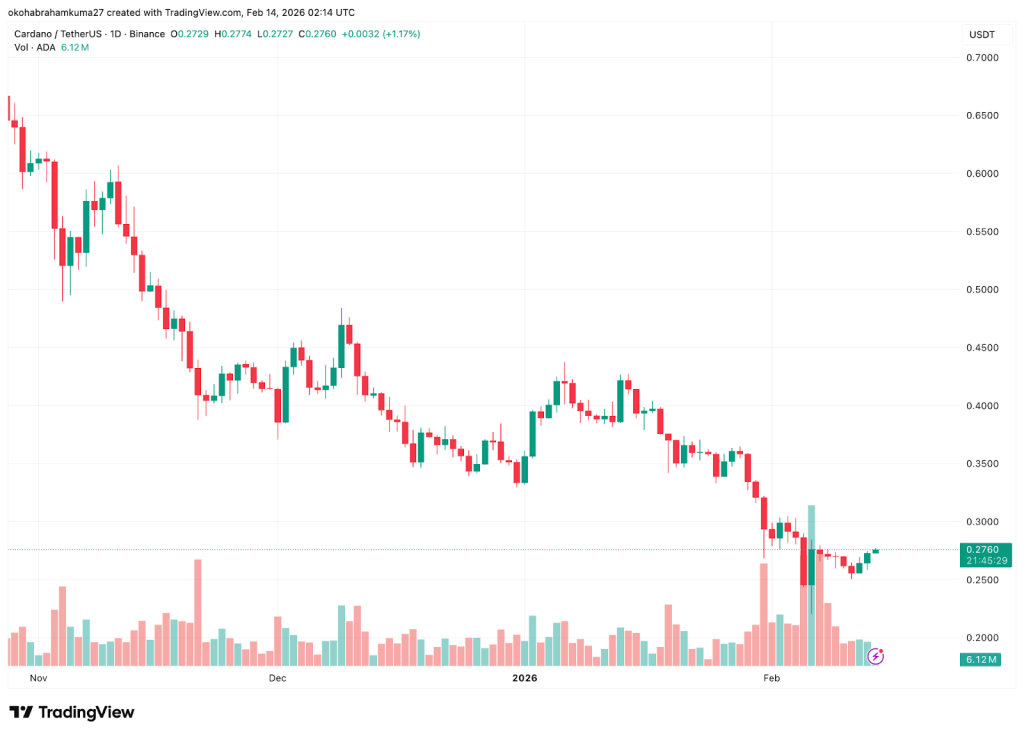DeFi Community On Alert Following Hypervault’s $3.6 Million Suspected Rug Pull
Decentralized finance (DeFi) protocol HyperVault is suspected to have executed a “rug pull,” as on-chain analytics account PeckShield noted an abnormal outflow of funds from the protocol, worth close to $3.6 million.
DeFi Protocol HyperVault Pulls The Rug
According to an X post by on-chain analytics account PeckShield, Hyperliquid-based DeFi protocol HyperVault appears to have pulled a quick one on its users, defrauding them of funds worth almost $3.6 million.
PeckShield noted that the stolen funds were bridged from Hyperliquid to Ethereum, swapped into ETH, and then 752 ETH were deposited into Tornado Cash. For the uninitiated, Tornado Cash is a popular crypto mixer that is typically used by hackers to erase their on-chain trail.
Notably, UPUMP tokens worth $191,494, USDC worth $107,358, WHYPE worth $1.55 million, and several other tokens were stolen from HyperVault. PeckShield noted that HyperVault have also deactivated all their socials – including the X handle – virtually confirming the rug pull.
To explain, a rug pull is a type of crypto scam where developers suddenly abandon a project and drain its funds, leaving investors with worthless tokens. It’s common in DeFi and NFT spaces, where anonymity and lack of regulation make quick exits easier.
HyperVault offered “unmanaged” auto-compounding vaults, strategy adapters, and keeper-bot harvests. These features helped users route their digital assets to lending, looping, and concentrated liquidity venues on HyperEVM.
Another X user HypingBull, commented, saying that they had been warning about HyperVault since September 4. In an X post, the user stated that the protocol’s developers lied to them about audits, adding:
Unfortunately, users continued to deposit funds into the DeFi protocol, lured by the protocol’s promised 90% APR yields on HYPE tokens. However, the extraordinarily high-yield promises at the time did not raise the alarm among users.
That said, the HYPE token appears to be minimally impacted by this suspected rug pull, as it is trading at $42.89 at the time of writing, up 2.8% on the day. However, the token is down almost 25% over the past week.
Crypto Still The Wild West?
While the total crypto market cap now hovers over $3.8 trillion, the safety of users continues to be a major factor hindering the industry from mainstream adoption. For example, crypto phishing attacks recorded a significant surge in August 2025, impacting as many as 15,230 victims, resulting in a loss of $12 million in user funds.
Similarly, the THORChain Founder lost $1.35 million earlier this month after a deepfake Zoom and Telegram scam. At press time, Bitcoin (BTC) trades at $109,488, down 1.6% in the past 24 hours.

You May Also Like

Cardano Price Prediction 2026 vs Tron: European Exchange Giant Merges Crypto Units, but DeepSnitch AI Has the Chance of Performing 60x Better Than the Cardano Price Prediction

Adam Wainwright Takes The Mound Again Honor Darryl Kile
